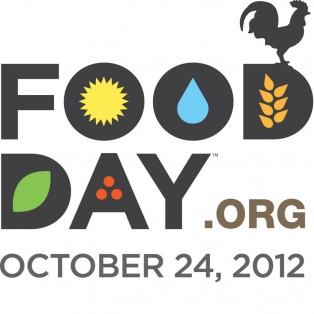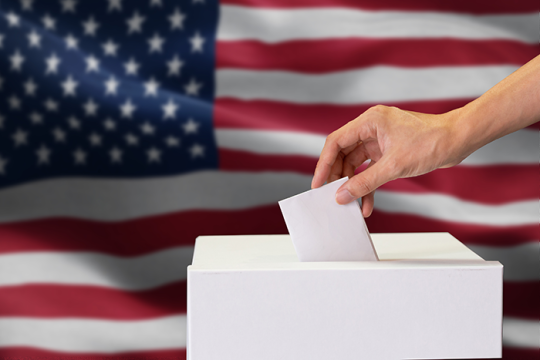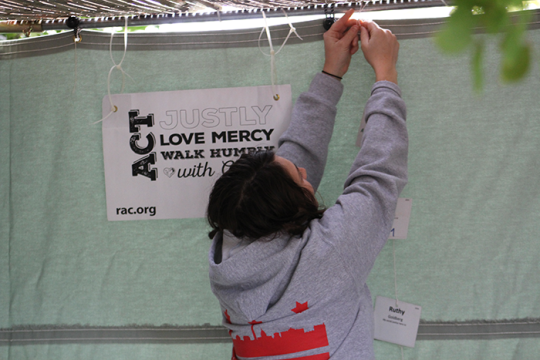
What would Passover be without matzah ball soup, Hanukkah without latkes, Thanksgiving without turkey? For the Jewish – and indeed American – people, food plays a pivotal role in who and what we are. So let’s celebrate it with Food Day on October 24.
Although Food Day was designed to be a day to celebrate healthy food and lifestyles, the Jewish community should also remember our moral obligation to speak out for those whose life circumstances do not provide for regular, healthy and nutritious meals. Bear with me here… Food insecurity is America’s modern plague. The term that is applied to households and individuals who, at some point during the past year, risked being unable to put food on the table. A USDA report, published just last month, indicates that 1 in 6 Americans experienced food insecurity at some point in the past year – that’s 45 million people. Yes, somewhere just shy of 15% of the U.S. population experienced food insecurity at some point in 2011. Did you notice them? The faces of the food insecure blend into our daily lives. It is impossible to tell whether the college student or the grandparent, your congregant or even your neighbor is food insecure. While hunger isn’t always easy to notice, it remains our responsibility to fight it with the tools at our disposal…and that should go for our elected leadership in D.C., which is currently considering legislation that will cut $16 billion from SNAP benefits (formerly known as food stamps). So how can you help ameliorate food insecurity? How about with 30 seconds of your time. You won’t even have to leave your seat. Here’s how: TAKE ACTION RIGHT NOW and fill in your name, email, and address. That’s all it takes. One click of a button later you’ll have sent a letter to your Members of Congress asking them to do what is moral and just. I did. Will you join me?
Related Posts

Teens Make Their Voices Heard by Voting


